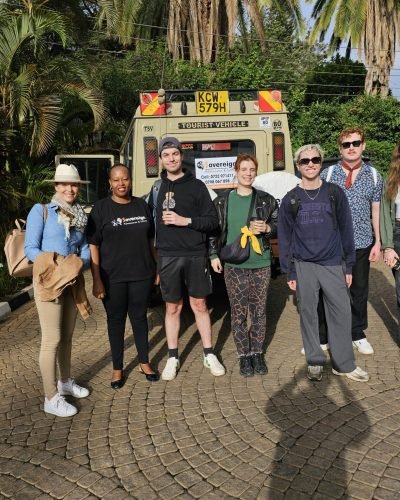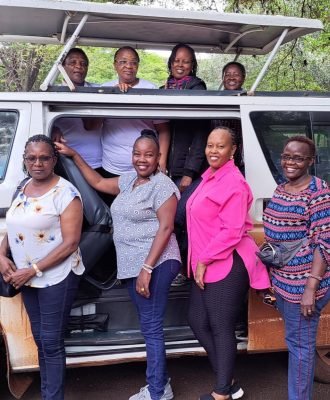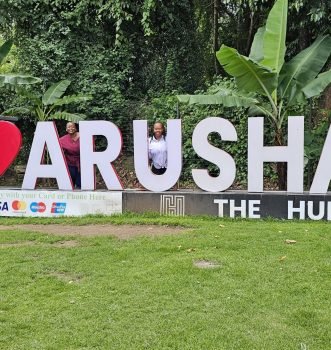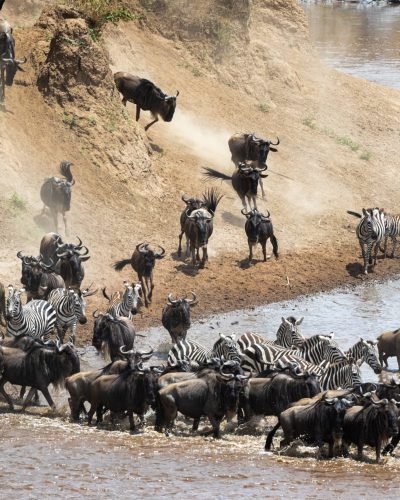Located on the Equator, Kenya, has no definitive seasons like the Northern and Southern hemispheres. East Africa has a pleasant climate all year round and is perfect for safaris & game viewing during any season.
We have two rainy seasons:
– The short rains which occur from late October through November
– The long rains which occur from late March to end of May
April & May are GREEN season months which are our “quiet time” where you simply get the “best deal”! Even though more rain is anticipated than usual, one experiences fantastic game viewing, mostly exclusive with very few vehicles in the vicinity as the parks are less frequented.
The famous annual Great Migration usually starts in the Southern Serengeti popularly known as Ndutu with the Wildebeest calving during end of January to March and moves onto Western / Northern Serengeti in May / June. The larger herds cross over into the Maasai Mara from July to October. This is considered to be the peak season for East Africa along with the Christmas & New Year seasons.
Both the Serengeti & Maasai Mara offer excellent game viewing all year round. A good time to travel is January to March and particularly late October / November. Rates are more reasonable too during these months than the peak season.














